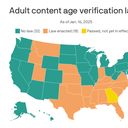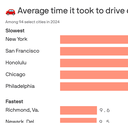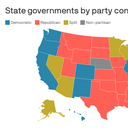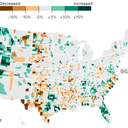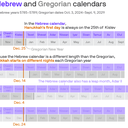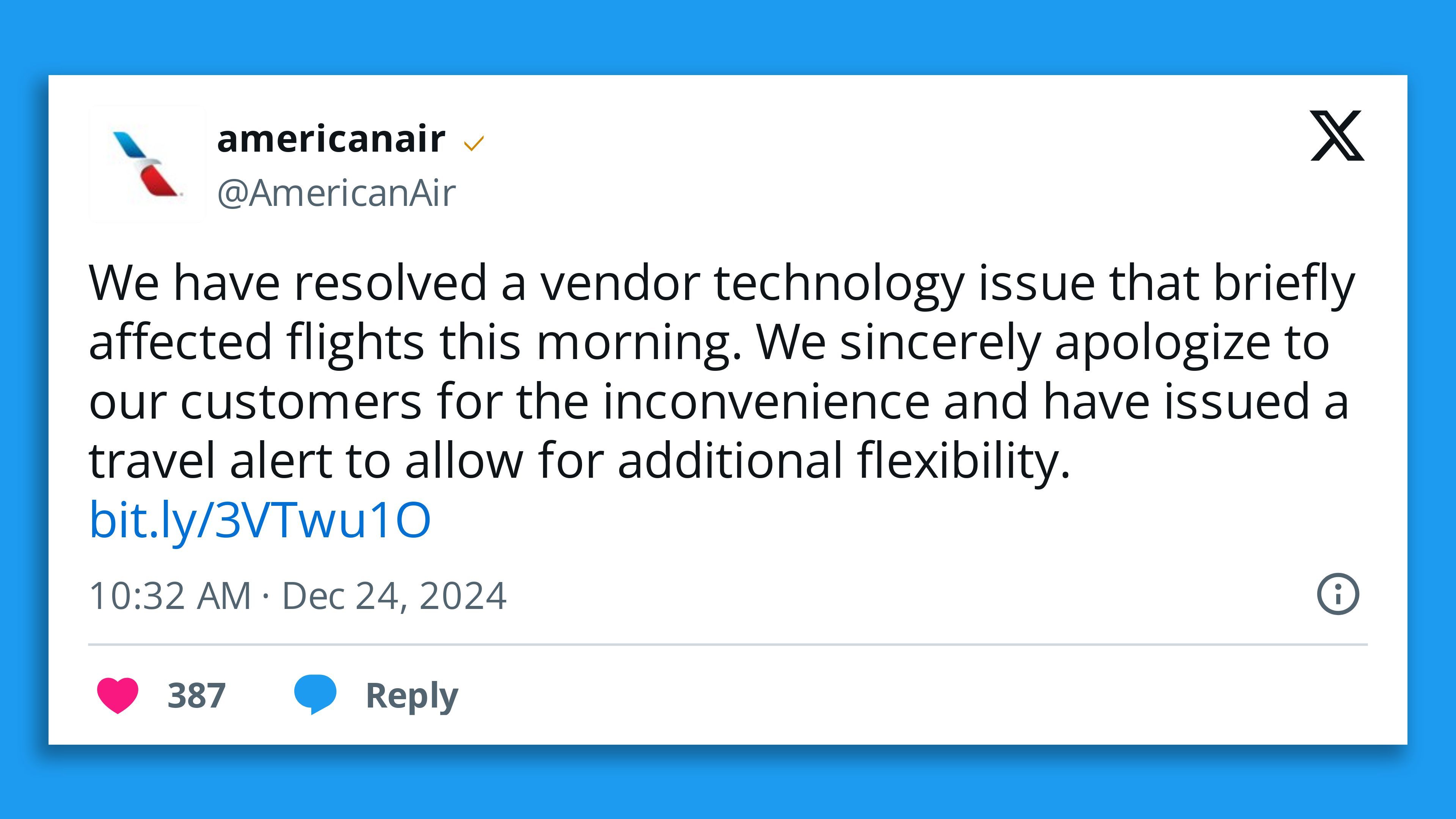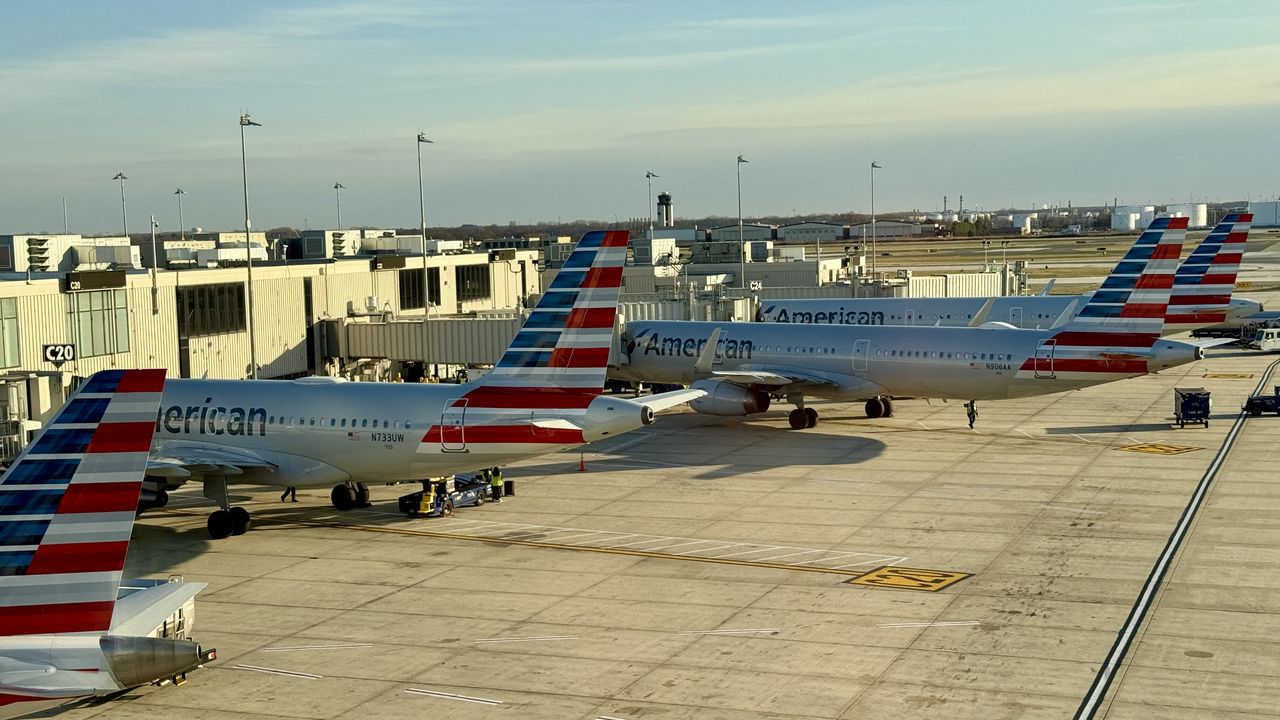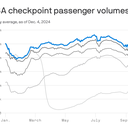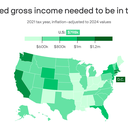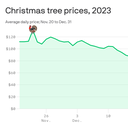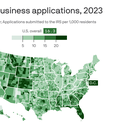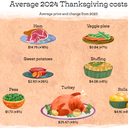Supreme Court case on age limits for porn sites could affect 19 states
19 U.S. states have passed laws requiring adult website visitors to verify their age as of January.
Why it matters: The Supreme Court heard arguments this week in a challenge to Texas' age verification law that could determine the fate of all such state rules.
Driving the news: Age verification laws are meant to prevent underage kids from accessing pornographic websites.
- But free speech advocates — like the Free Speech Coalition, which is challenging Texas' law — say such rules could infringe upon adults' First Amendment rights.
- That group has also challenged similar laws in several other states.
How it works: Age verification laws typically require adult websites to implement a way of checking users' ages, often via government-issued IDs.
- Some adult sites, like Pornhub, have decided to go dark in states with age verification rules rather than comply with the requirements.
What they're saying: "Any regulations that require hundreds of thousands of adult sites to collect significant amounts of highly sensitive personal information is putting user safety in jeopardy," Pornhub parent company Aylo said in a recent statement, per PC Magazine.
- "Moreover, as experience has demonstrated, unless properly enforced, users will simply access non-compliant sites or find other methods of evading these laws."
The latest: An appeals court ruled Wednesday that Tennessee's age verification law can take effect pending the outcome of the Texas case.
Zoom in: The map above is based on information gathered by the Age Verification Providers Association, a trade group.
- Georgia lawmakers have passed an age verification law, but it doesn't take effect until July.
What's next: SCOTUS' decision on the Texas law isn't expected until summer.
- But the justices appear likely to uphold it, per the New York Times — which would effectively be a thumps-up for similar laws nationwide.
